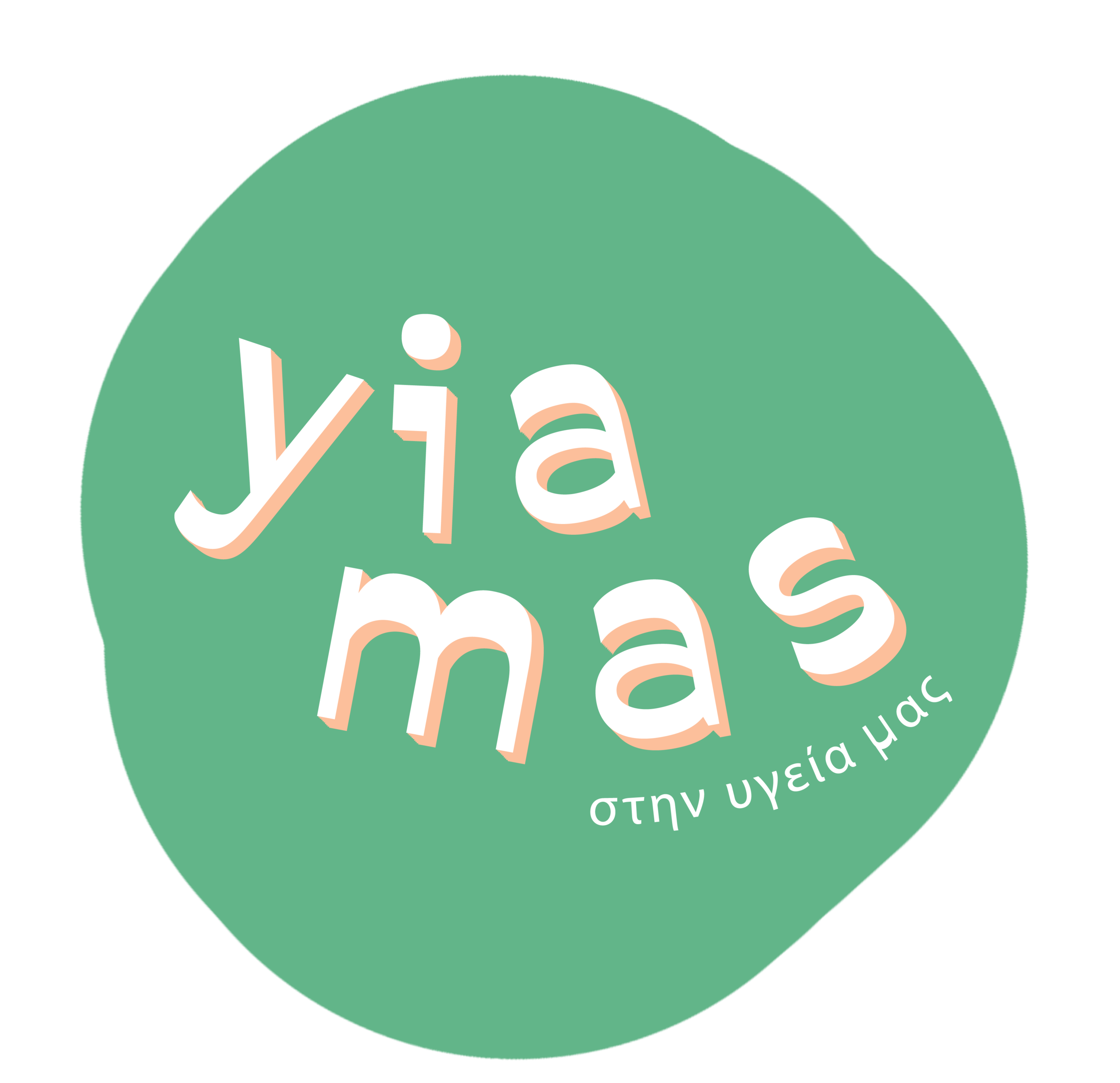3 Ancient Greek Concepts for Modern Wellness
Our cups overfloweth after last night’s sold-out event on ancient Greek wisdom for modern wellbeing. Having done this workshop in several forms over the last 4 years is such a joy, keep an eye out for more offerings! There’s so much more, but save this post for some key takeaways.
🏺Sophrosyne derives from the word sophron, meaning sound of mind or prudent. It connotes having a balanced, healthy state of mind and living in moderation and equilibrium. We love how this connects to the axion “pan metro ariston,” nothing in excess/everything in moderation, which we interwove into our discussion throughout the night as a reminder not to take things TOO far, even our self-examination :)
🏺In the Republic, Plato suggests that it is achieved by creating a cohesive relationship between the three parts of the soul. For us at Yia Mas, we loved learning that Hippocrates and Plato used the concept to stress how mental and physical health are linked. Plato argued that the physician's ultimate goal was to foster sophrosyne in the patient, as their physical ailments would not improve otherwise. We now have heaps of science showing the links between mental health and physical health.
🏺Eudaimonia ~From Aristotle’s Nicomean Ethics to philosophers such as Kant and modern positive psychology, this concept is as relevant today as it was thousands of years ago. While its definition continues to evolve, we love that eudaimonia is about ACTIONS taken in pursuit of living well. Rather than seeing happiness as a goal we have to attain, something that often sets us up for disappointment, we think more about actionable steps we can take to become more self-actualized - like a recipe for joy.
🏺Know Thyself - inscribed at the temple of Apollo at Delphi, this principle, to us, underlies all of it. If you aren’t willing to look at yourself, examine your patterns, and come off auto-pilot, how can you make change in the first place? Sometimes looking at ourselves causes discomfort. Get comfortable with the discomfort. Some great, healthy ways to “know thyself” include meditation/observation of thoughts, journaling, taking time for retreats, and generally living more mindfully.




